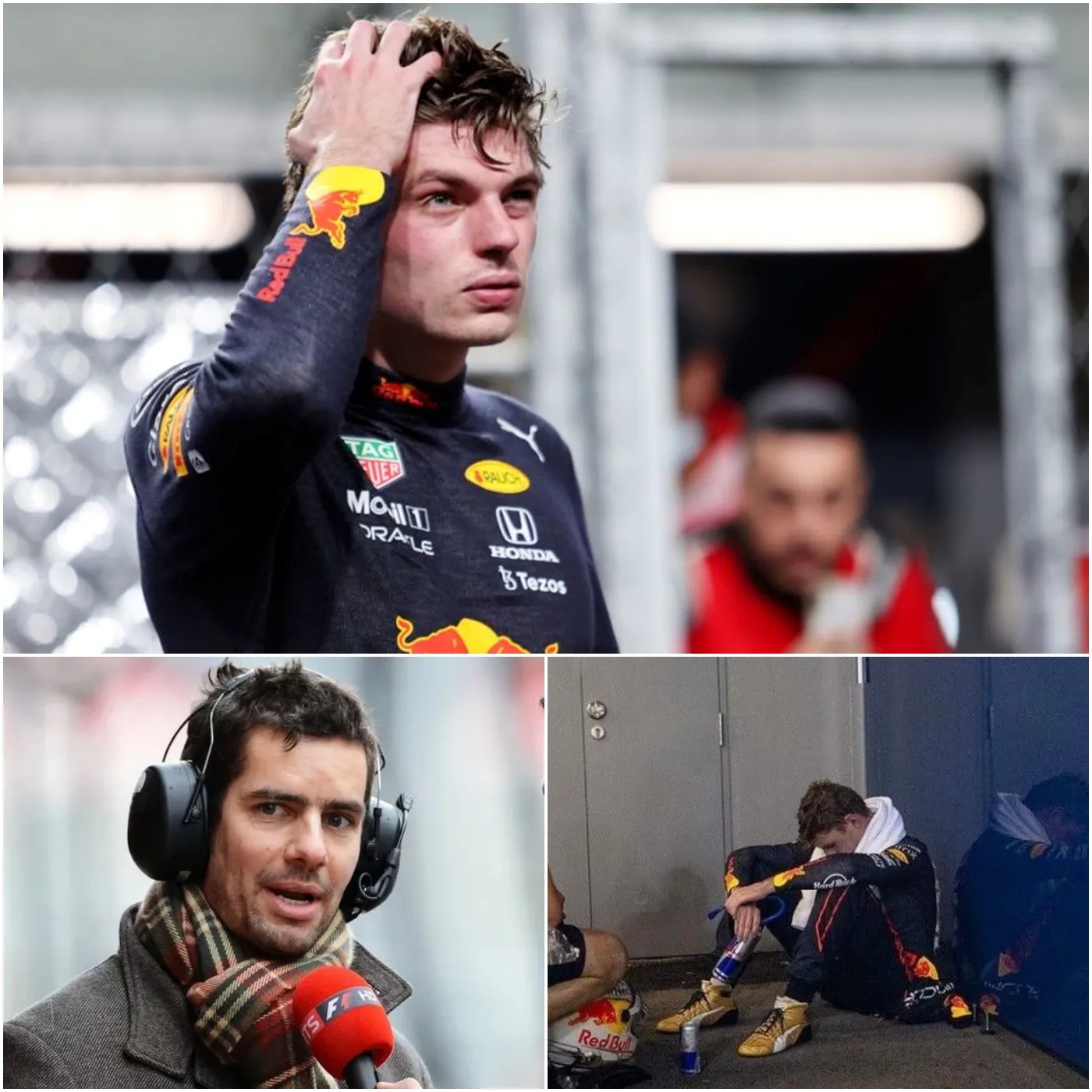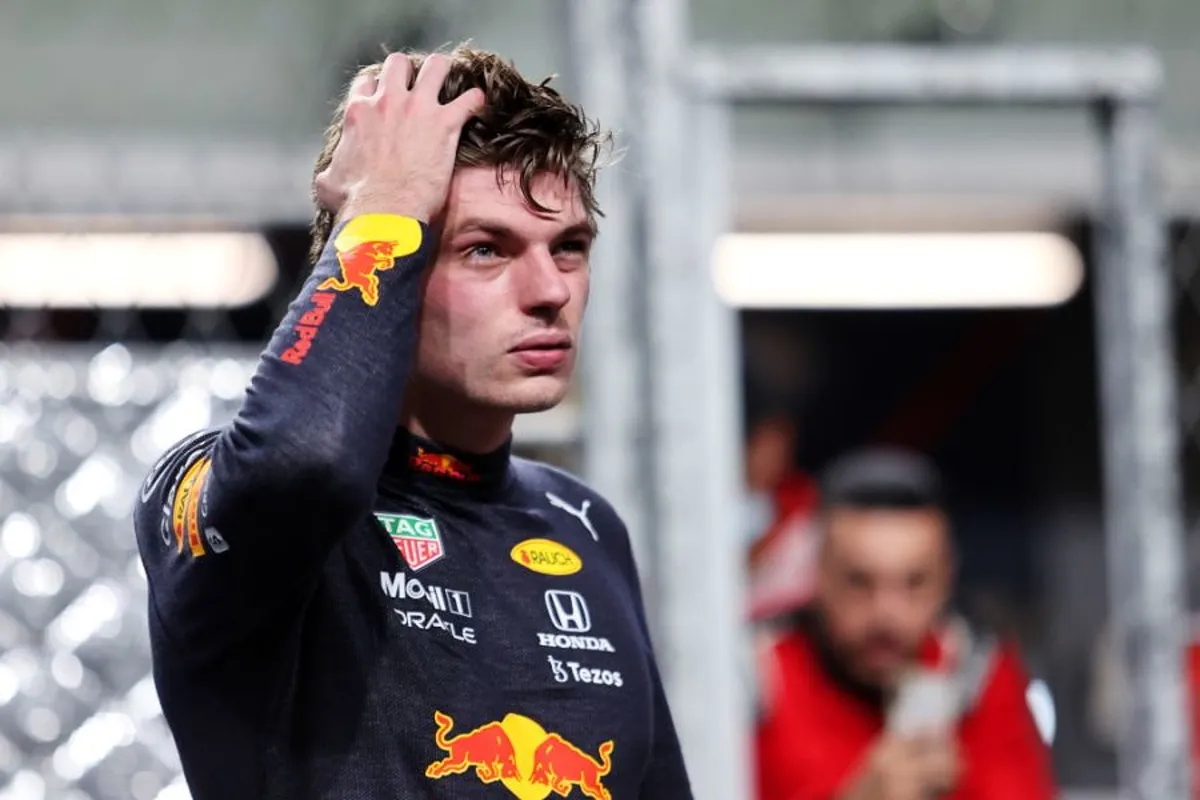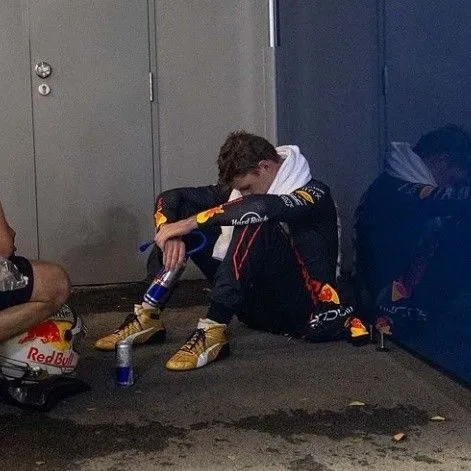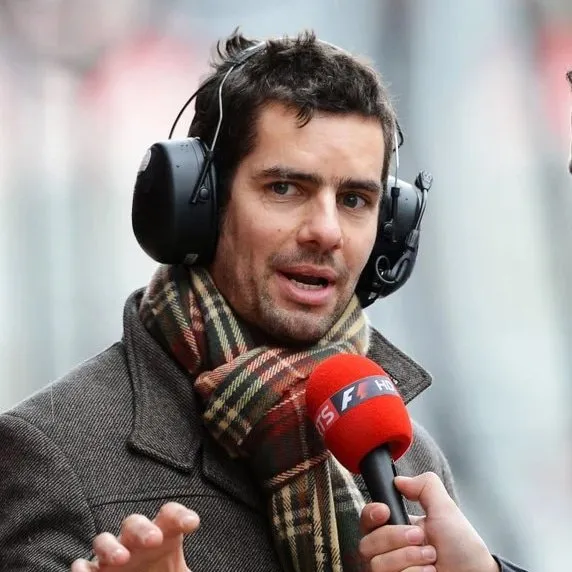The Hungarian Grand Prix became a stage for unexpected drama as Max Verstappen’s visible frustration suggested deeper issues within the Red Bull camp. According to former McLaren mechanic Marc Priestley, Verstappen’s outburst may indicate a deteriorating relationship with his team.
Verstappen, known for his fierce competitiveness and candid demeanor, was seen expressing his discontent during the race weekend. The Hungarian GP, typically a strong venue for Red Bull, presented unforeseen challenges that seemed to irk the reigning world champion. Verstappen’s frustration was evident through radio communications and post-race interviews, where he did not hold back in critiquing the team’s performance.
Marc Priestley, a respected voice in the Formula 1 community, weighed in on the situation, suggesting that Verstappen’s behavior could be a sign of underlying tensions within the team. “Max is a driver who wears his heart on his sleeve,” Priestley commented. “When things aren’t going well, he’s not afraid to show his frustration. But what we saw in Hungary seemed more intense, hinting at possible cracks in his relationship with Red Bull.”
Red Bull, a team known for its meticulous engineering and strategic prowess, faced unexpected hurdles at the Hungarian GP. Mechanical issues and strategic missteps compounded the team’s difficulties, preventing Verstappen from showcasing his usual dominance. These setbacks seemed to amplify Verstappen’s frustration, leading to speculation about his long-term future with the team.
“Every driver wants to win, especially someone as driven as Max,” Priestley continued. “When you’re not getting the results you expect, it naturally leads to frustration. But when that frustration starts to become public and directed at the team, it can indicate deeper issues.”
Verstappen’s reaction has sparked conversations about potential changes within Red Bull’s internal dynamics. Team Principal Christian Horner and the engineering team have been pivotal in Verstappen’s success, but recent events suggest that even strong relationships can face challenges under pressure.
Priestley noted that such tensions are not uncommon in the high-stakes world of Formula 1. “We’ve seen it before with other top drivers and teams. The pressure to perform at the highest level can strain even the best relationships. The key for Red Bull will be how they address these issues moving forward.”
Fans and analysts are now keenly watching how Red Bull responds to the situation. The team’s ability to manage Verstappen’s expectations and maintain a harmonious working relationship will be crucial as they aim to defend their championship title. Verstappen’s future performances and his interactions with the team will be telling indicators of whether the relationship can withstand the current pressures.
As the Formula 1 season progresses, the Hungarian GP serves as a reminder of the intricate dynamics between drivers and teams. Verstappen’s frustration may well be a temporary blip, but it also highlights the intense environment in which these athletes operate. How Red Bull and Verstappen navigate this period could have significant implications for the rest of the season and beyond.
In the high-octane world of Formula 1, where every race is a battle for supremacy, maintaining strong team dynamics is as crucial as having a fast car. Verstappen’s visible frustration at the Hungarian GP underscores the challenges that even the most successful teams face. As Marc Priestley suggests, the coming races will be critical in determining whether this is a momentary setback or a sign of deeper issues within the Red Bull-Verstappen partnership.


 BREAKING NEWS: Matt Pryor Returns to Eagles in an Emotional ‘Full Circle’ Moment – Fans React with Surprise and Nostalgia
BREAKING NEWS: Matt Pryor Returns to Eagles in an Emotional ‘Full Circle’ Moment – Fans React with Surprise and Nostalgia
 LEAKED SHOCKER: Bill Belichick Chose “Draft Bust” N’Keal Harry Over A.J. Brown and Deebo Samuel for a Reason That’s Making Everyone Outraged!
LEAKED SHOCKER: Bill Belichick Chose “Draft Bust” N’Keal Harry Over A.J. Brown and Deebo Samuel for a Reason That’s Making Everyone Outraged!
 Jelena Djokovic REVELA tijdens de derrota in de finale van Miami Open 2025, waar Djokovic een contrato de 50 miljoen dollars met Messi heeft gesteund, terwijl hij veel fanatieke fans heeft van de details van zijn contrato-detail!
Jelena Djokovic REVELA tijdens de derrota in de finale van Miami Open 2025, waar Djokovic een contrato de 50 miljoen dollars met Messi heeft gesteund, terwijl hij veel fanatieke fans heeft van de details van zijn contrato-detail!
